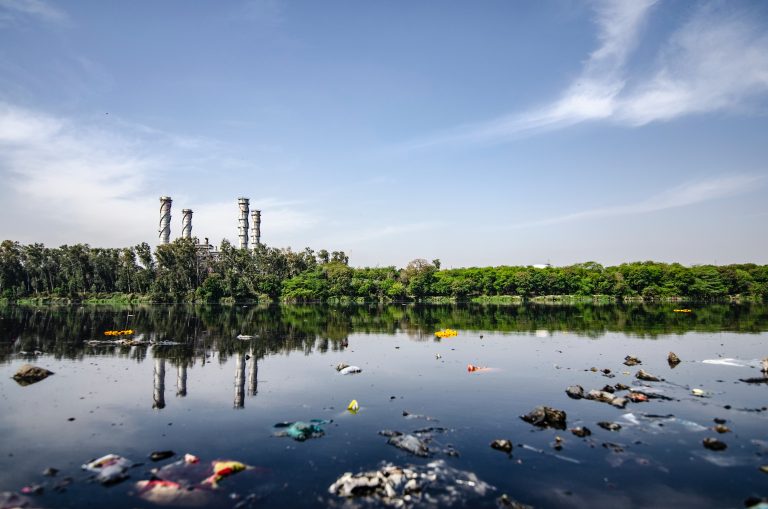Meet Dr. Ia Xiong, a Hmong Psychologist Helping Her Community
Many people have experienced intergenerational trauma. Among those are the people in the Hmong community. Many Hmong people in the US came as refugees from war-torn Laos and Vietnam, leading to mass victims of intergenerational trauma.
But what is intergenerational trauma, and how do these Hmong people cope with it?
Meet Dr. Ia Xiong, a second-generation-born Hmong psychologist from Minnesota specializing in trauma and PTSD, LGBTQI+, and anxiety. We got the chance to contact her and briefly conduct a Q&A about her experiences as a Hmong person and psychologist.
Read on to discover how she helps the Hmong community with intergenerational trauma in Minnesota.
Q: What got you into Psychology? What made you focus on trauma?
A: “Learning about my parents’ histories helped me understand myself and strengthened my sense of identity. My pursuit in psychology and focus on trauma was to better understand and support the well-being of the Hmong community.”
Q: How would you describe intergenerational trauma? Do you think spirituality plays a role in Hmong trauma?
A: “Intergenerational trauma is the passing of trauma from one generation to the next. I think the bigger concept of spirituality can help support the healing process for trauma, but what is helpful can be different for everyone. Often, trauma impacts one’s ability to feel connected to community and a deeper sense of purpose in life. Healing can help make meaning of experiences and help one feel grounded in a larger purpose. While spirituality is often an important factor to consider, there are also circumstances where organized religion that is not trauma-informed can be misused in harmful ways. Any dynamic that does not support one’s well-being should be considered when working through trauma.”
Q: Have you ever experienced intergenerational trauma? What was it like?
A: “My experiences of historical trauma include feelings of unworthiness and lack of belonging related to a history of genocide and oppression. I had to practice self-compassion by understanding my experiences through the context of historical and societal factors to begin replacing internalized messages that were harmful to my sense of self-worth.”
Q: What is it like being Hmong in America?
A: “It is both challenging and rewarding. It has been a complex journey of navigating two different worlds; however, as I grow in bridging the two, it has been personally fulfilling to give a voice for unique perspectives and understanding multiple truths.”
Q: How has Historical trauma contributed to the loss of culture and language? How have you helped your Hmong patients deal with trauma? Has it helped them?
A: “Historical trauma in the Hmong community include genocide, forced relocation, and destruction of cultural practices. As a result, the majority of Hmong elders were killed in war and were not able to pass on knowledge and traditions in the ways they were used to. Elders in the US are less able to share their wisdom as they often rely on the younger generation to survive. Being in a new country and assimilating becomes a need for survival. Helping Hmong clients with trauma include allowing a space to process grief and complex emotions as well as storytelling and meaning making.”
Discover More
In the future, Dr. Xiong plans to continue advocating and providing culturally appropriate mental health services for the Hmong community. If you found this insightful and would like to know more about the Hmong people, check this to learn more.




